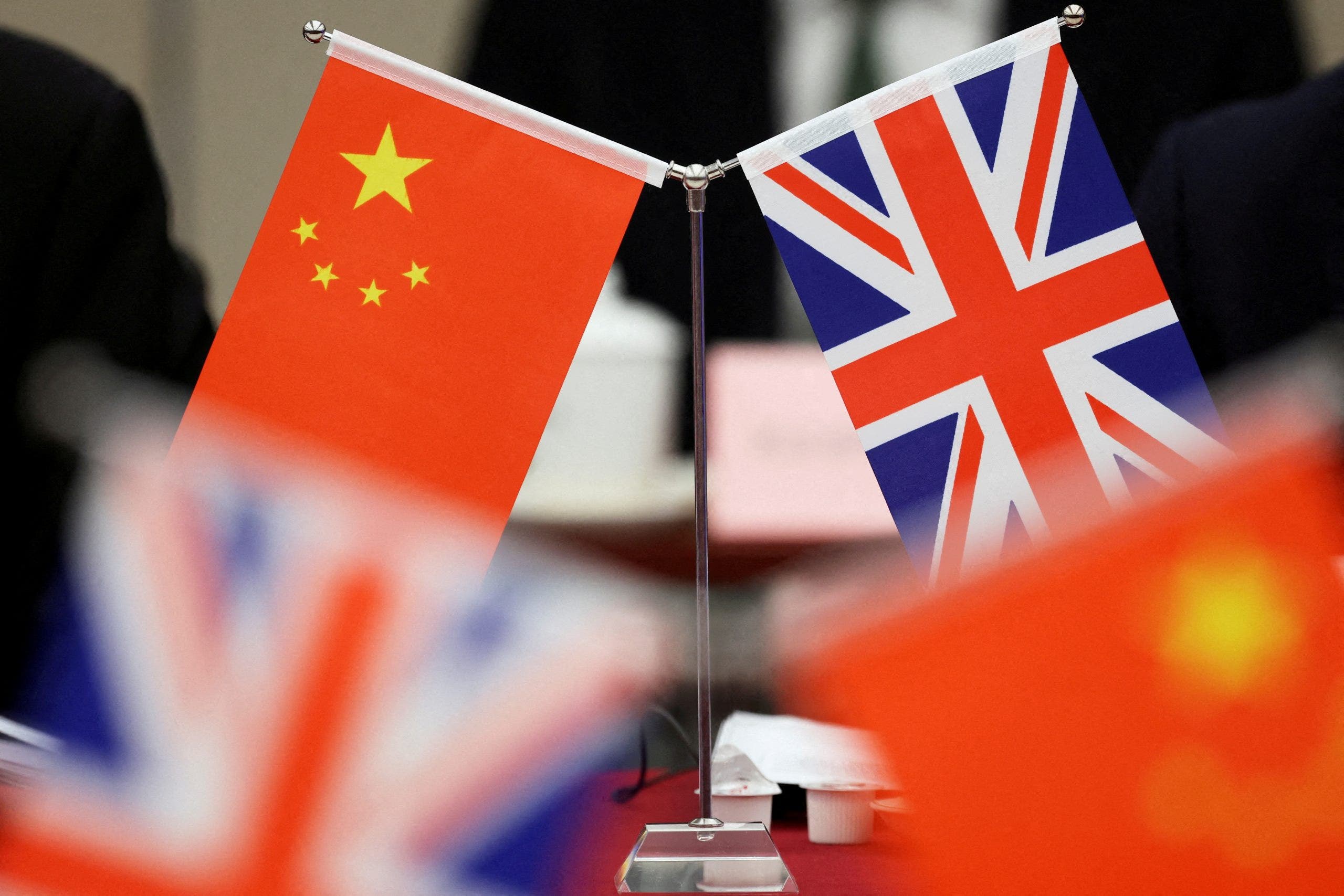U.S. Charges Two Foreign Nationals in Military Equipment Smuggling Case
In a striking development, the U.S. Justice Department has announced charges against two foreign nationals for their involvement in a scheme to smuggle military equipment and technology—potentially including missiles—into China. This significant case underscores a growing emphasis on national security amid increasing tensions between the United States and China, especially concerning defense-related technologies.
Details of the Allegations
The accused, Cui Guanghai, a 43-year-old from China, and John Miller, a 63-year-old permanent resident from the United Kingdom, face serious allegations. They are charged with interstate stalking, conspiracy to commit interstate stalking, smuggling, and violations of the Arms Export Control Act. Prosecutors suggest that Cui was allegedly operating on behalf of the Chinese government, amplifying concerns about foreign espionage and security threats on U.S. soil.
The Justice Department’s release of information paints a vivid picture of their alleged activities. The investigation suggests that Cui and Miller attempted to procure sensitive military equipment, including missiles, air defense radar, drones, and cryptographic devices, starting in November 2023. Their procurement efforts reportedly involved collaboration with two other individuals—who were, unbeknownst to Cui and Miller, working for the FBI.
Smuggling Tactics and Financial Transactions
Court documents reveal some intriguing tactics employed by the duo. They reportedly discussed clever methods to hide the cryptographic device, considering options like concealing it within household electronics such as a blender or a motor starter, or dispatching it to Hong Kong first to evade inspection. To further complicate their operation, Cui and Miller allegedly put down a $10,000 deposit for the cryptographic device.
Intimidation and Surveillance Plot
In addition to arms smuggling, the indictment also includes allegations of a separate conspiracy aimed at silencing a U.S. citizen who had spoken out against Chinese President Xi Jinping during the Asia-Pacific Economic Cooperation summit in November 2023. Court documents allege that the pair orchestrated a plot to surveil the unnamed individual, install a tracking device on their vehicle, and even engage in acts of vandalism against a pair of statues that the individual had created depicting Xi and his wife.
The individuals recruited for this intimidation scheme were also unwittingly collaborating with federal authorities, further illustrating the reach and complexity of the FBI’s counterintelligence efforts.
Government Response and Legal Consequences
Deputy Attorney General Todd Blanche addressed the gravity of the situation in a statement, condemning the actions of Cui and Miller as a blatant attack on U.S. national security and democratic values. He emphasized that the Justice Department would not stand idle in the face of foreign repression on American soil or the infiltration of defense systems by adversarial nations.
Cui and Miller were arrested by Serbian authorities in April 2024 at the request of the U.S. government and are currently detained in Serbia. Efforts are underway for their extradition to the United States, where they could face substantial prison time if convicted. Specifically, they face potential sentences of up to five years for conspiracy, five years for interstate stalking, ten years for smuggling, and twenty years for violations of the Arms Export Control Act.
Broader Implications for Visa Applications
The timing of these charges coincides with the U.S. government’s broader initiative to enhance the vetting process for visa applicants, particularly from China. Following the announcement of the charges, Secretary of State Marco Rubio revealed that the State Department plans to revise visa criteria to impose stricter scrutiny on applications originating from China and Hong Kong. This sweeping change reflects rising concerns regarding espionage and protection of critical U.S. technology infrastructure.
The implications of this case not only highlight the importance of safeguarding national security but also signal a more rigorous approach towards foreign nationals seeking entry into the United States.
Ongoing Support from Foreign Governments
As the legal proceedings advance, there has been notable diplomatic involvement. The Embassy of the People’s Republic of China in the U.S. has not yet commented on the charges. Meanwhile, representatives from the U.K.’s Foreign, Commonwealth and Development Office confirmed that they are providing consular assistance to Miller and maintaining communication with local authorities and his family.
This complex case encapsulates the intricate interplay of international relations, national security, and legal accountability, reflecting the ongoing challenges faced in protecting sensitive military technology from adversaries while navigating diplomatic relations.


